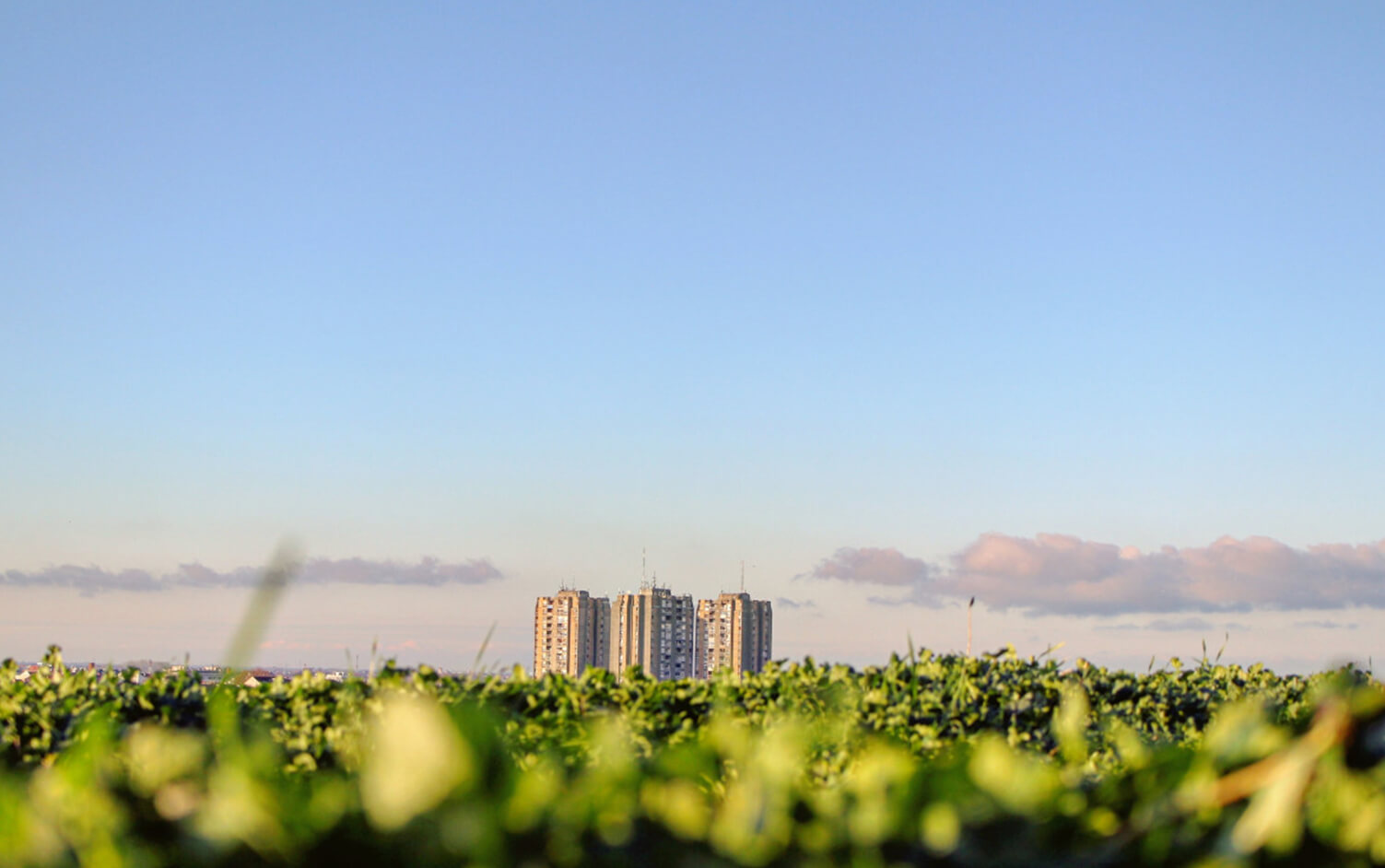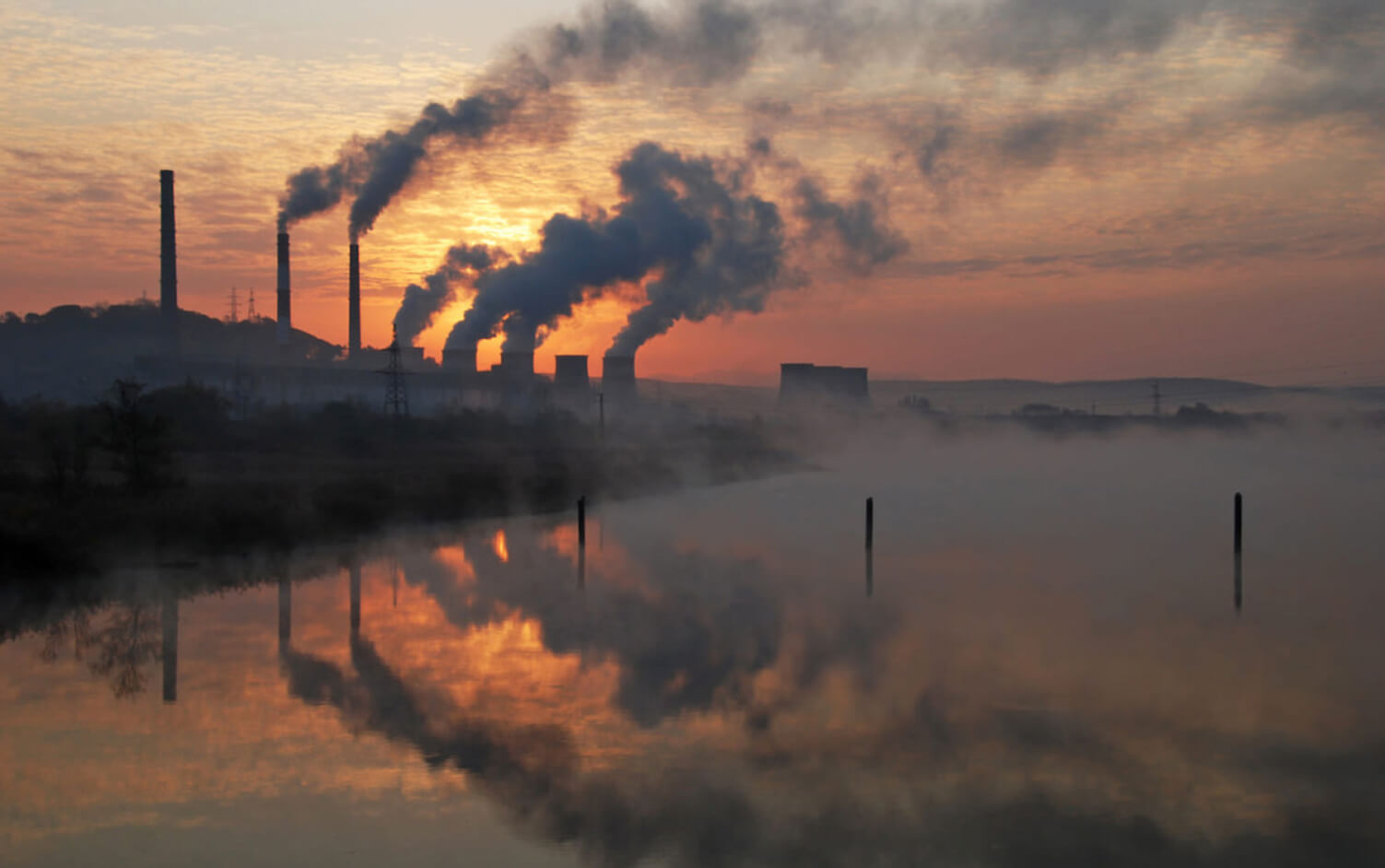The world is changing rapidly: globalization, criticized by hundreds of experts, is giving way to emerging multipolarity. What risks or, on the contrary, benefits does this bring for global and national sustainable development? Will countries be able to fulfill their obligations under the Paris Climate Agreement? We talked about this with Natalya Ryazanova, Head of the Laboratory of Geo-ecology and Sustainable Natural Resources Management of the Department of Integrated International Ecological Problems and Wildlife Management, MGIMO University, MFA of Russia.
Globalization will no longer hinder Russia’s sustainable development
The idea of globalization has exhausted itself — the world is moving into a state of decentralization, becoming multipolar. How humanity in general and Russia in particular will develop further is described by the term “glocalization”. The global exchange of information, technologies and achievements will not go anywhere (and Russia will not get out of it — no sanctions will cancel it). However, local differences between its participants, based on geographical, economic, as well as deep historical and cultural prerequisites, will not be erased, but preserved and even intensified.
Simply put, there will no longer be a technological center that would dictate to Russia and other countries how they should develop, while simultaneously exploiting them as a resource base. “Many countries literally imposed their ideology and vision on Russia,” recalls Natalia Ryazanova. “Ever since the building of the Gaidar economy (the economic reforms of the government of Boris Yeltsin and Yegor Gaidar in 1992. — Note ed.) we were told: we don’t need to develop our own, we just need to earn money on the export of technologies and equipment and buy the best that is in the world . In fact, the best that was created in other countries, but not in Russia.”
Western corporate intervention played a significant role in this process. “In the 1990s, transnational corporations in the regions where they came replaced the functions of the state in terms of the development and social security of the region,” the expert notes. “It got to the point that the regional authorities often saw the heads of these companies as their leaders, and not the Russian or regional government.” As a result, the ambitions of Western business often prevailed over the interests of local social development.
“In order to fight these ambitions, federal districts and the institution of presidential plenipotentiaries were introduced in them — these people were called upon to consolidate centralized power in the regions and limit the influence of transnational corporations,” the expert says. In the current conditions, the situation is changing radically: the interests of Western business will no longer interfere in the trajectory of regional development.
 Photo by: Iva Rajovic / Unsplash
Photo by: Iva Rajovic / Unsplash
How localization will reduce your carbon footprint
Every day it becomes more and more obvious: the cliché according to which Russia is a resource appendage of the West, depending on its technologies, to put it mildly, does not correspond to reality. “The same extractive industries, from oil and gas to polymetallic ores, are high-tech areas, and Russian developments occupy a very large place in them, at least 80%,” emphasizes Ryazanova. “Without these technologies, without our financial investments in infrastructure and the development of industries in general, no one could get anything from us.”
In the new conditions, Russia is waiting for an active growth of its own production, the share of local producers, including clothing and food products, will increase, which will continue the trend of recent years. Thus, for the third year in a row, food exports from the Russian Federation exceed imports. In the first half of 2022, the country increased food exports by 20-22% in annual terms.
“Localization of own production is always good, thanks to this new jobs appear, the social responsibility of the government to the local community increases,” the expert says. As a result, the so-called fixedness of the population is growing, that is, both the outflow of brains from the country abroad and from the regions to the capital stops. Following this, as people stop leaving the regions, infrastructure is developing more actively in them, and the standard of living is growing. “We are waiting for the rapid development of the local economy in all regions of our country,” Ryazanova is sure.
In addition to the development of local communities throughout the country, moving away from globalization will in itself provide a positive environmental effect. It’s all about the localization of supply chains: as the share of local production increases, transport routes will decrease. “Local manufacturers will replace with their products the supplies of foreign players who are leaving the market, respectively, the transportation time for goods in the country will be reduced and the carbon footprint of products as a whole will become smaller,” notes Ryazanova.
One example of localization is the construction of the second branch of the Baikal-Amur Mainline (BAM-2), which, despite the sanctions, is proceeding at a rapid pace. It is planned to be put into operation in 2024. “It will breathe new life into the remote regions of Russia — Eastern Siberia and the Far East, and will also strengthen the connection with the ASEAN countries with which we are building effective relations, including in high-tech industries,” the expert emphasizes.
On the other hand, an increase in production will naturally give some increase in the carbon footprint, but this is an adequate price for development. “Here it is worth noting that the current low carbon footprint of many European countries has been achieved primarily because Europe localized its production in the countries of Southeast Asia decades ago. From a global point of view, this is hypocrisy — after all, they did not get rid of their emissions, but simply moved them,” reminds Ryazanova.
Despite the new conditions, Russia remains in the Paris Agreement — and is ready to fulfill its goals
At the end of May 2022, the head of the Ministry of Natural Resources and Environment of the Russian Federation Alexander Kozlov emphasized that Russia does not plan to withdraw from the Paris Climate Agreement. The immediate goal is to reduce the country’s greenhouse emissions by 30% by 2030, and plans to achieve carbon neutrality by 2060.
Russia is not just paying tribute to the climate trend, but is developing a serious legal and economic basis for this. Should Russia withdraw from the Paris Agreement — definitely not. We regard speculations around this topic as statements of private opinion for the purpose of PR
There is a widespread opinion that the Russian movement towards carbon neutrality is a big question mark, especially in light of the limited exchange of technologies, experience and opinions with the West. However, experts are sure that the country has all the necessary opportunities and resources for this.
Historically, the structure of Russia’s fuel and energy balance has been one of the “greenest” in the world. Coal, one of the “dirtiest” sources of energy, occupies only about 15% of it, while in Germany and the United States it accounts for 40%, in China — 70%, and around the world on average — about 30%. At the same time, coal-fired thermal power plants in Russia have been actively modernized over the past 10 years, along with oil refineries. “We are opening more and more deep oil refining plants, which significantly reduce emissions and other waste from this sector,” notes Ryazanova. “Coal-fired thermal power plants, where they continue to be used, are being actively modernized and also emit less and less emissions.”
The most environmentally friendly type of fossil fuel, natural gas, occupies about 50% of the fuel and energy balance in Russia. And it is important to understand that this share will grow significantly in the coming years. “In most large cities, the entire housing and communal services complex has already been transferred from coal to gas, the cleanest type of fossil fuel, while the government seriously intends to completely gasify the regions of Russia,” emphasizes Ryazanova. At the end of 2021, the level of gasification of the Russian Federation amounted to 72%. PJSC “Gazprom” plans to bring the indicator to 100% in 35 regions by 2026, and nationwide by 2030.
 Photo by: Anton Zavirokhin / iStock
Photo by: Anton Zavirokhin / iStock
...but European sustainable development is teetering on the edge of the abyss
In the current situation, Russia seems to be more likely to fulfill the Paris obligations than Europe. “It seemed to European governments that they were technologically ready for zero, but the political factor intervened, and we see that a rollback is underway: now we are talking about promptly replacing our oil and gas with nuclear power and coal,” says Ryazanova.
The development of nuclear power is not a fast process. Moreover, heat waves and drought threaten the existing production of nuclear energy. So, with the beginning of August, there was nothing to cool the reactors in France: some rivers became shallow, in others the water became too warm for this.
At the same time, coal deliveries are delayed, in particular, due to the disruption of the navigation of European rivers against the backdrop of the same drought. Finally, due to weather and climate anomalies this summer, channels through which Europe received gas from other than Russia were threatened: storms in the North Sea interrupted production in Norway, and LNG supplies across the Atlantic were suspended due to hurricanes.
Not surprisingly, energy prices in Europe continue to rise. The deplorable situation eloquently illustrates the cost of European gas futures: in June and July 2022, it doubled to €200 per megawatt-hour on the Dutch TTF exchange, which is about 10 times higher than last year’s level.
“It is not clear what the Europeans will do in the fall. A very real scenario is that in some areas it will be necessary to use firewood as an energy source,” Ryazanova emphasizes.
At the same time, energy prices are pulling food prices and mortgage loans. Example — Italy is experiencing the highest inflation in the last 35 years, against this background, the country is going to exempt two of the most important national goods from VAT: pasta and bread.
Analysts fear that in order to survive the winter, European governments will have to ration energy supplies, that is, there will be blackouts. Some of the factories will stop, which will endanger thousands of jobs.
Even against this background, the Council of Europe does not back down from its position — to abandon energy supplies from Russia at any cost. Under these conditions, the question arises: what kind of sustainable development or carbon neutrality can we talk about in Europe when its population is on the verge of a socio-economic crisis?
Author: Ivan Bolotov
Cover photo: artorn / iStock









Comments